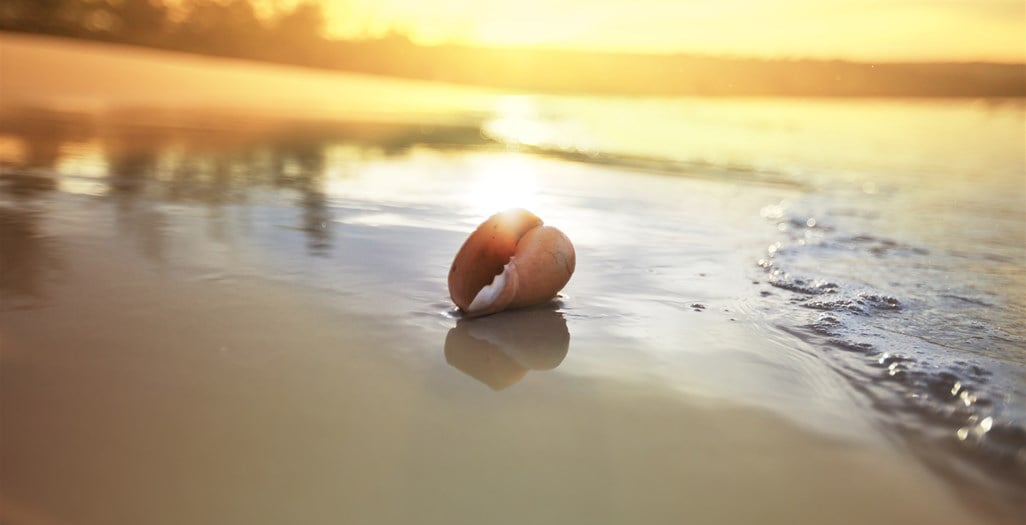
From traces of the Roman presence to evidence of the long legacy of Muslim times, from the Christian reconquest to the epic period of the Portuguese discoveries, you will find all kinds of reasons for rediscovering the signs of a quite distinctive historical past.
The evidence of the human settlement of the Algarve dates back to time immemorial. Examples of this presence are to be found in the Neolithic remains from many thousands of years ago and the more recent, but no less interesting, Roman archaeological sites, now open to visitors.
Any trip into the region's past and its valuable history should also include a visit to the various archaeological museums, displaying a vast heritage that lies waiting to be discovered. As the home to a range of ancient civilisations, the Algarve was also visited by many other peoples, inevitably brought to the region by the immense sea that bathes its shores.
More than five centuries of Moorish influences left their indelible imprint upon the region, beginning with its actual name: Al-Gharb, meaning The West. The long Moorish occupation of the territory, which lasted from the 8th to the 13th century, is still to be noted in the names of the towns and villages, in the region's agriculture, in the architecture of the monuments, the lacework patterns of the balconies, roof terraces and chimneys, or the whitewashed houses still to be seen in many Algarve villages.
At that time, Silves was the central focus of the region because of its strategic geographical location.
In the mid-13th century, the Algarve was the last part of Portugal to be reconquered from Muslim rule. After a long period of forward pushes and backward retreats, the Christian reconquest enjoyed the valuable collaboration of the Knights of the Order of St. James, led by Dom Paio Peres Correia. The result was that, in the reign of Dom Afonso III, the Arab presence in the Algarve was brought to an end and the region was joined to the kingdom of Portugal.
Besides Silves, the cities of Tavira and Faro, the present-day capital of the Algarve, were definitively conquered from the Moors. This marked the foundation of the Kingdom of Portugal and the Algarves.
Later, in the early 15th century, the beginning of the Portuguese maritime expansion brought a new lease of life to the Algarve and its people. Since then, Lagos and Sagres have remained forever linked to Prince Henry the Navigator and the Portuguese Discoveries. Even today, at the headland known as the Ponta de Sagres, a giant stone finger can be seen pointing towards the Atlantic Ocean in a clear allusion to the courage of the Algarve navigators, such as Gil Eanes, who set sail across the seas in search of new worlds to give to the world.
Many marks of this remote past, which is still very much present in the soul of the Algarve's inhabitants, are to be found scattered all around the region.
Paying a visit to Aljezur, Lagos, Silves, Faro, Tavira, Castro Marim and Alcoutim means discovering the grandeur of Portuguese history, its people and their traditions, in each museum, church, fort and castle of the region.